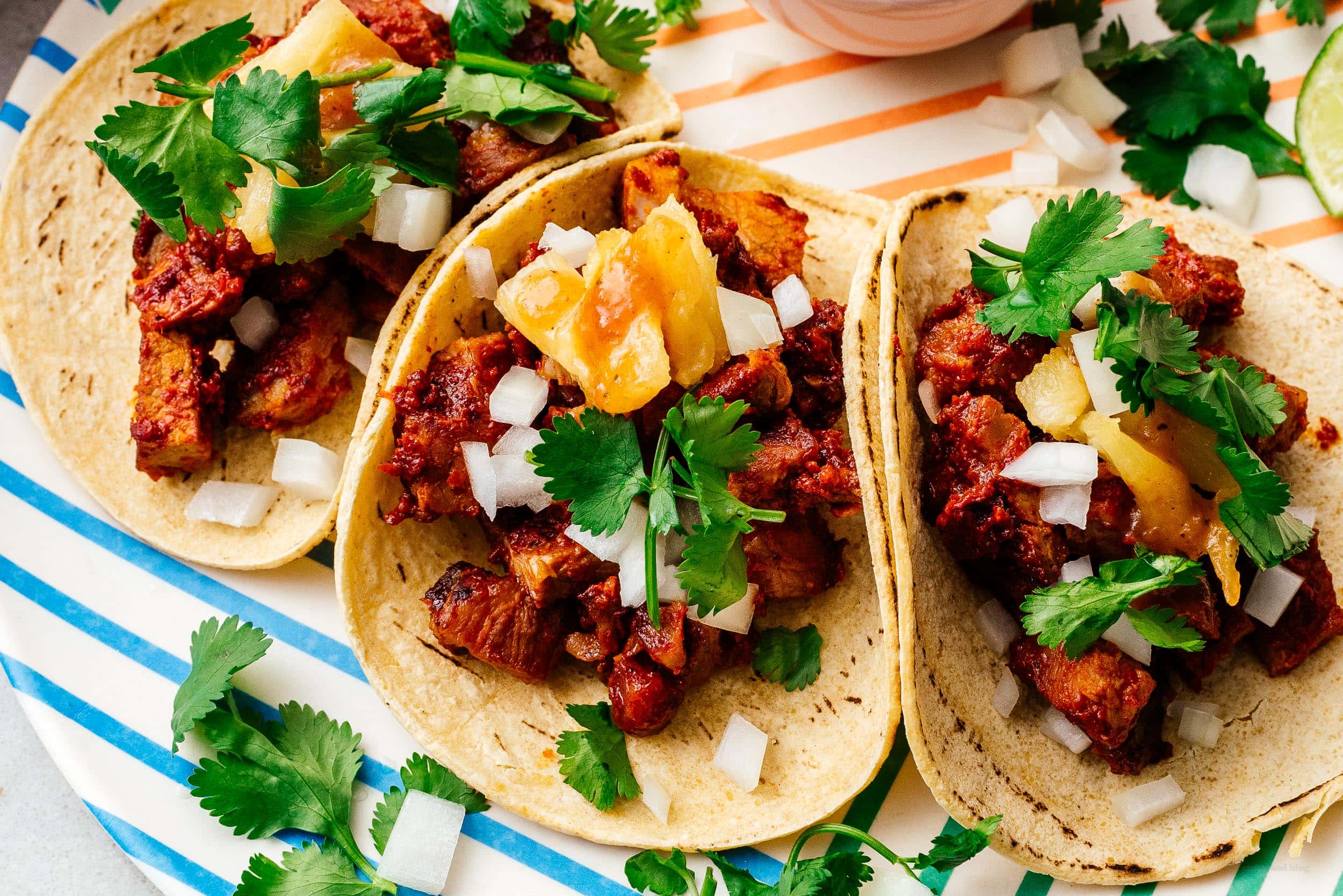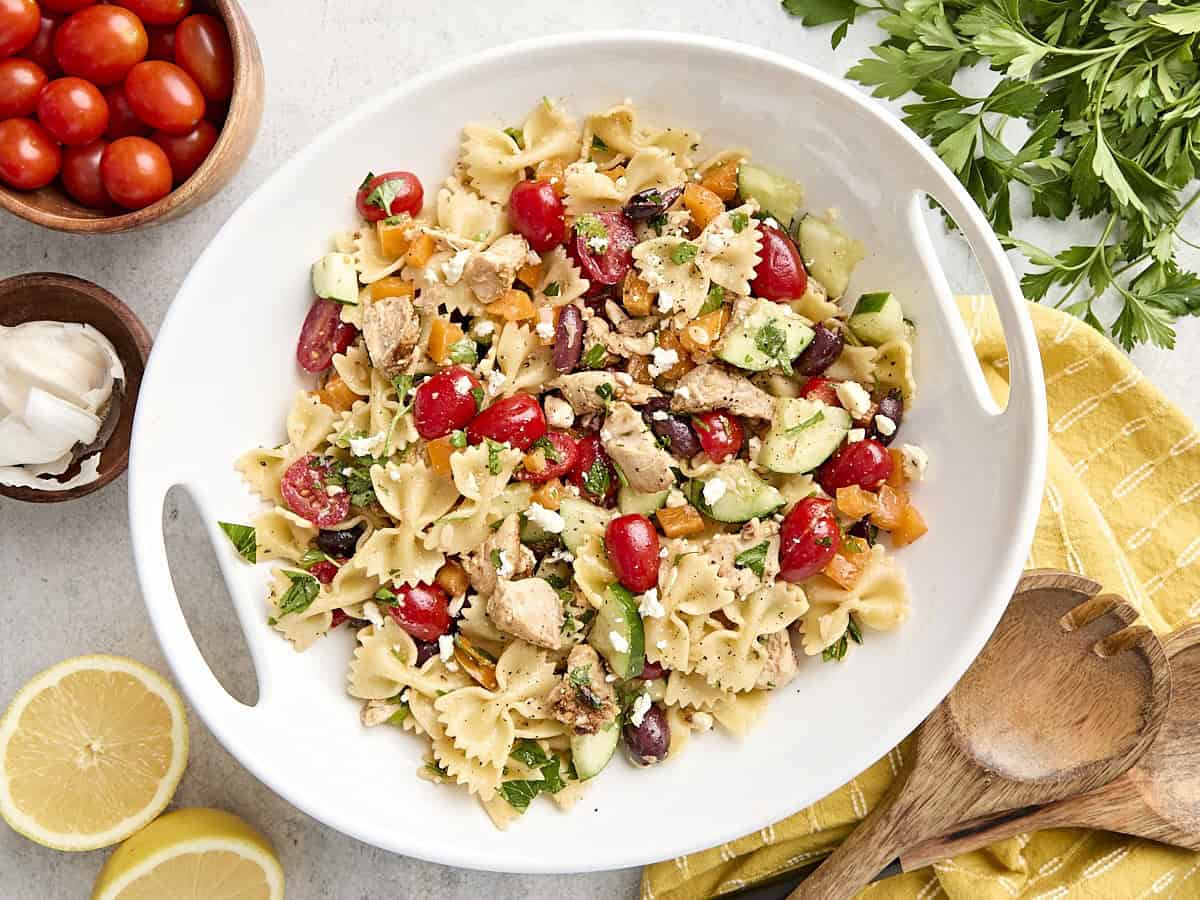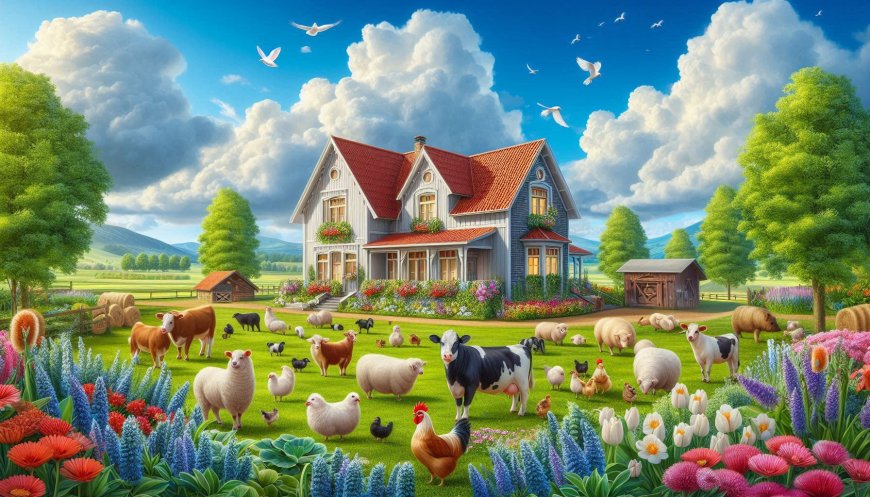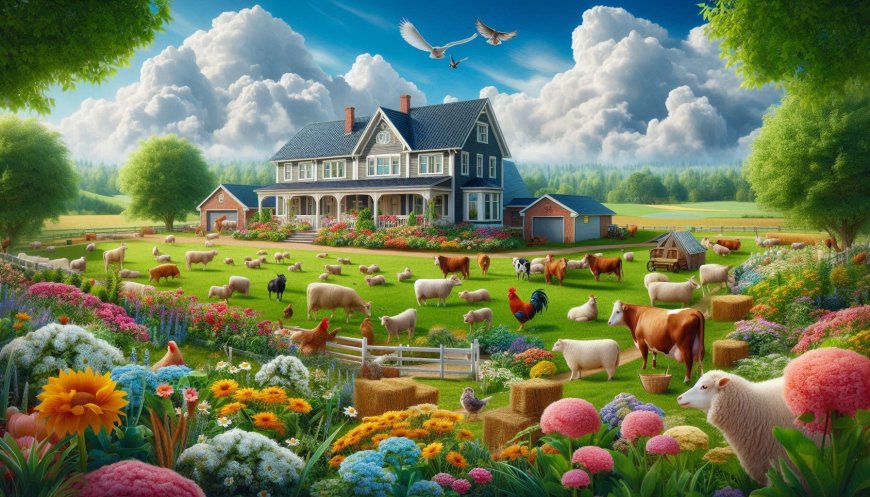Big House Farm: A Comprehensive Guide to Sustainable Farming and Country Living
One name that stands out in this movement is Big House Farm, a model of modern agriculture that combines traditional farming practices with innovative techniques.
Introduction
In recent years, the appeal of country living and sustainable farming has grown exponentially. One name that stands out in this movement is Big House Farm, a model of modern agriculture that combines traditional farming practices with innovative techniques. Whether you're a homesteading enthusiast, a sustainability advocate, or simply curious about farm life, this guide will explore everything you need to know about Big House Farm.
What is Big House Farm?
Big House Farm is more than just a farm—it's a lifestyle. Typically, such farms feature a large farmhouse surrounded by vast agricultural land, livestock, and organic gardens. These farms emphasize self-sufficiency, organic farming, and eco-friendly practices, making them a beacon of sustainable living.
Key Features of Big House Farm
-
Spacious Farmhouse: Often the central hub for family living and farm operations.
-
Diverse Agriculture: Includes crops, livestock, and sometimes agroforestry.
-
Sustainability Focus: Utilizes renewable energy, composting, and water conservation.
-
Community Engagement: Many Big House Farms offer workshops, farm stays, and CSA (Community Supported Agriculture) programs.
The Benefits of Big House Farm Living
Choosing a Big House Farm lifestyle comes with numerous advantages, from health benefits to environmental impact.
1. Healthier Food Choices
Big House Farms prioritize organic and non-GMO produce, ensuring that families have access to fresh, nutrient-rich food.
2. Sustainable Living
By using solar power, rainwater harvesting, and composting, these farms reduce their carbon footprint.
3. Financial Independence
Growing your own food and raising livestock can cut grocery costs significantly, while selling surplus produce can generate additional income.
4. Stronger Community Bonds
Many Big House Farms host farmers' markets, workshops, and volunteer programs, fostering a sense of community.
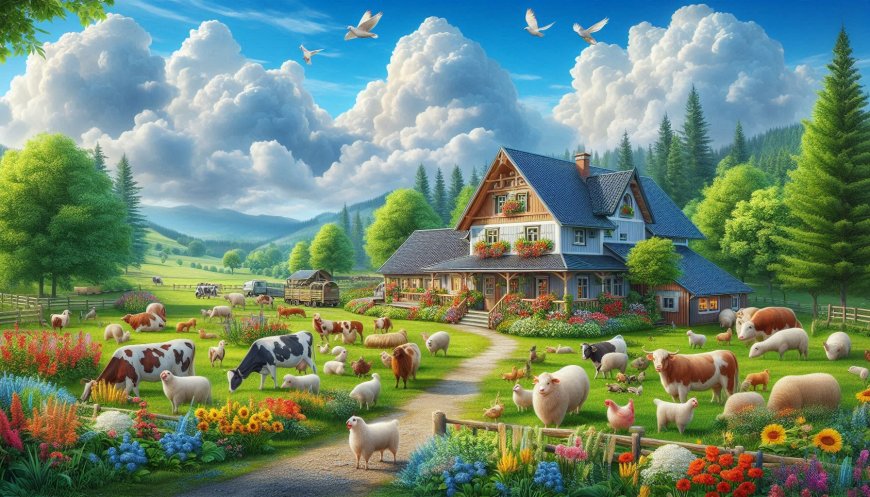
How to Start Your Own Big House Farm
If you're inspired to create your own Big House Farm, here’s a step-by-step guide to get started.
1. Finding the Right Land
-
Look for fertile soil, good water sources, and a favorable climate.
-
Consider zoning laws and proximity to markets.
2. Building or Renovating a Farmhouse
-
Opt for energy-efficient designs (solar panels, insulation).
-
Ensure enough space for storage, livestock, and processing areas.
3. Choosing Crops and Livestock
-
Start with easy-to-grow vegetables (tomatoes, lettuce, potatoes).
-
Consider chickens, goats, or bees for livestock beginners.
Also checkout more game:big house farm
4. Implementing Sustainable Practices
-
Composting: Turn waste into nutrient-rich soil.
-
Rainwater Harvesting: Reduce dependency on municipal water.
-
Renewable Energy: Solar or wind power for off-grid living.
5. Marketing Your Farm Products
-
Sell at local farmers' markets.
-
Offer CSA subscriptions for regular income.
-
Use social media to attract visitors for farm stays or workshops.
Challenges of Running a Big House Farm
While rewarding, managing a Big House Farm isn’t without difficulties.
1. High Initial Costs
Land, equipment, and infrastructure require significant investment.
2. Labor-Intensive Work
Farming demands physical effort and long hours.
3. Weather and Pest Risks
Crop failures due to drought, floods, or pests can impact profitability.
4. Market Competition
Standing out among other farms requires unique selling points, such as organic certification or agritourism.
Success Stories: Real-Life Big House Farms
Several Big House Farms have gained recognition for their innovation and sustainability efforts.
1. Polyface Farms (Virginia, USA)
-
Known for regenerative agriculture and rotational grazing.
-
Popularized by Michael Pollan’s The Omnivore’s Dilemma.
2. The Farm (Tennessee, USA)
-
A communal living experiment since the 1970s.
-
Focuses on organic farming and eco-village principles.
3. Daylesford Organic (UK)
-
A luxury farm-to-table operation with a farm shop and café.
-
Promotes biodynamic farming.

Big House Farm and Agritourism
Many Big House Farms have expanded into agritourism, offering:
-
Farm stays and bed & breakfasts
-
Workshops on cheese-making, beekeeping, and gardening
-
Seasonal events (pumpkin patches, harvest festivals)
This diversification helps farms generate extra revenue while educating the public about sustainable living.
Conclusion: Is Big House Farm Right for You?
Big House Farm represents a return to simplicity, sustainability, and self-reliance. While it requires hard work and investment, the rewards—healthier food, big farm financial independence, and a closer connection to nature—are immense.


















































